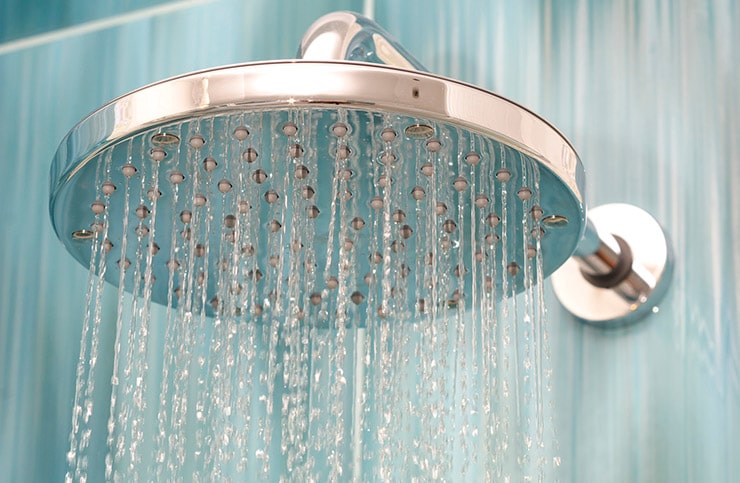Hard water treatment Chennai
Source of Hard Water: Hard water is found in more than 80% of the India. The hardness of a water supply is determined by the content of calcium and magnesium salts in the water. Calcium and magnesium combine with bicarbonates, sulfates, chlorides, and nitrates to form these salts. The standard domestic measurement for hardness is grains per gallon (gpg) as CaCO₃. The calcium and magnesium salts which form hardness are divided into two categories:
Temporary Salts:
Calcium Carbonate - Limestone, rare, and causes alkalinity in water.
Calcium Bicarbonate - Forms when water containing CO₂ comes in contact with limestone, causes alkalinity in water. Causes scale when heated.
Magnesium Carbonate - Known as magnesite with properties similar to calcium carbonate.
Magnesium Bicarbonate - Similar to calcium bicarbonate.
Permanent Salts:
Calcium Sulphate - Know as gypsum; it is used to make plaster of paris. It can form scale in boilers.
Calcium Chloride - Reacts in boiler water to produce a low pH.
Magnesium Sulphate - Commonly known as Epsom salts.
Magnesium Chloride - Similar in properties to calcium chloride, and is often found in salt water.
Sodium salts are also found in household water supplies, but they are considered harmless as long as they do not exist in large quantities.
Symptoms of Hard Water:
Hard water can make drinking water taste bad or give it a darker color. If some minerals or salts are present, like magnesium, they may have a laxative effect on people who are not used to drinking these minerals. Hard water is generally more of a problem with appliances. It can cause mineral deposits and scale build up inside plumbing and on cookware and appliances such as water heaters and dishwashers. If there are stains or build-up on your sinks and bathtubs, or if you have to use large amounts of soap to clean dishes or wash your hair, you probably have hard water that has to be treated by hard water treatment Chennai.
If left untreated, the minerals in hard water will cause yellow stains and scale on plumbing fixtures, eventually clogging plumbing and shortening the life of appliances including washing machines, water heaters, and dishwashers. Scale deposits not only cut down on the efficiency of these appliances, they increase both energy and maintenance bills.
Hard Water Treatment Solutions for Water Hardness:
CFT recommends not using water that exceeds 7 GPG. To find the correct solution for your water hardness problem, first have the water tested. Simple water test strips are quick and easy to use. Water softening systems can remove compensated water hardness up to a practical limit of 100 gpg. If the hardness is above 30 gpg or the sodium to hardness ratio is greater than 33%, then economy salt settings cannot be used for hard water treatment. If the water hardness is high, then the sodium levels will be high after softening, and may require a reverse osmosis system to filter out the excess sodium. Use this simple calculator to calculate the needed grain capacity for your new water softening system.
You can get from us:
- Domestic Hard water treatment plants
- Industrial Hard water treatment plants
- Hard water treatment plants for garment and textile industries
- Hard water treatment plants for plastic moulding machine
- Hard water treatment plants for home, flat, and apartments
- Automatic Hard water treatment plants
- Resin Filter
- Hard water treatment plants for cooling towers


